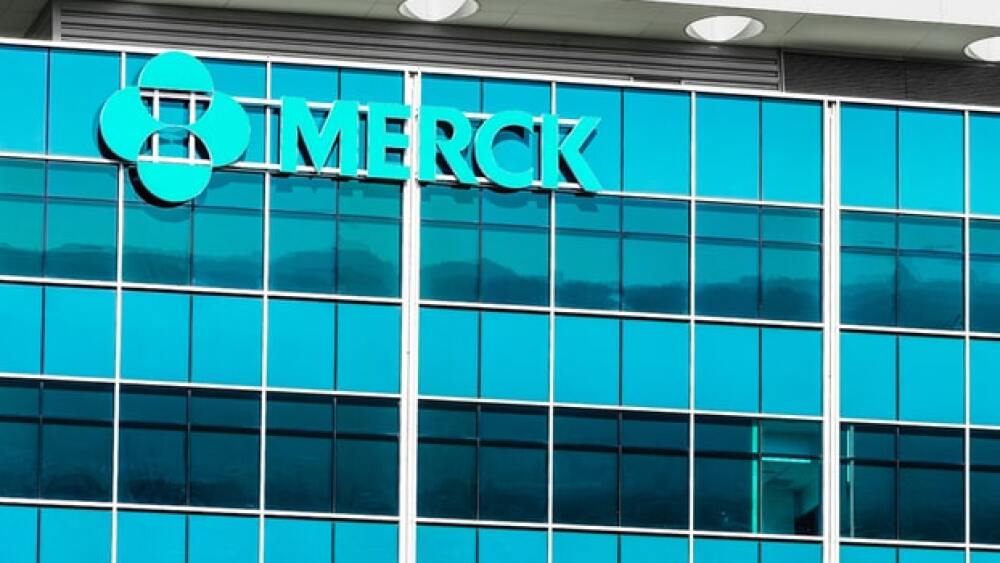Merck’s bid to buy the cancer-focused Seagen has hit a roadblock after the two companies failed to agree on a price, according to a Bloomberg report.
Courtesy of Sundry Photography/Getty Images
Merck’s bid to buy the cancer-focused Seagen has hit a roadblock after the two companies failed to agree on a price, according to a Bloomberg report published Friday, citing sources familiar with the matter.
According to Bloomberg’s sources, who asked to remain anonymous due to the confidential nature of the information, the deal remains on the table, and despite being stalled, it could still lead to an agreement. Both Merck and Seagen have yet to respond to BioSpace‘s request for a comment as of this writing.
The two companies are already working closely with each other. In October 2020, Merck injected $1 billion in equity investments into Seagen in a deal that involved a development and commercialization partnership over the ADC candidate LIV-1 (ladiratuzumab vedotin) for breast cancer and other solid tumors. The pharma giant also has licensed rights to Seagen’s Tukysa (tucatinib) outside the U.S., Europe and Canada.
Reports that Merck was eyeing a Seagen acquisition started circulating in mid-June when The Wall Street Journal first revealed it. One week later, talks between the two firms were supposedly heating up, with WSJ noting that a meeting between representatives had been scheduled.
At the time, no deal was on the immediate horizon, but in early July, another WSJ report indicated that both companies were already in later stages of negotiation. It also stated that Merck was willing to put forth more than $200 per Seagen share to acquire the Washington-based biotech for around $40 billion.
A week later, however, talks seemed to have stalled, and the buyout was delayed until after both companies released their quarterly earnings report in late July.
Major Players in Cancer
Both Merck and Seagen are imposing figures in the oncology therapeutic space. Seagen owns a healthy line of antibody-drug conjugates (ADC), which use antibodies’ highly specific targeting capabilities to deliver a cancer-killing payload directly to the tumor.
In June, Seagen revealed data showing that when used alongside standard of care, Adcetris (brentuximab vedotin), the company’s best-known ADC, improves event-free survival in kids and young adults with untreated, high-risk Hodgkin lymphoma. The drug can also reduce the risk of disease progression, death, relapse or the development of second cancer in these patients.
Earlier in August, Seagen also announced that another of its ADCs, Padcev (enfortumab vedotin-ejfv), induced a favorable objective response rate when given with anti-PD-1 checkpoint inhibitor Keytruda (pembrolizumab). Padcev was developed jointly with Astellas Pharma.
Keytruda is Merck’s star cancer asset, earning the pharma powerhouse some $5.3 billion in the second quarter of this year, up 30% from the same period the year before at constant exchange rates. Keytruda’s sales vastly outpace all of Merck’s other oncology products, and its move to acquire Seagen could be to beef up its cancer portfolio and avoid being over-reliant on a single drug.
In July, Keytruda failed a Phase III trial in unresected, locally advanced head and neck squamous cell carcinoma, falling short of demonstrating a statistically significant benefit in event-free survival. Earlier in August, Merck’s cancer heavy-hitter stumbled again after it couldn’t distinguish itself from placebo in terms of overall survival and radiographic progression-free survival in metastatic castration-resistant prostate cancer.






